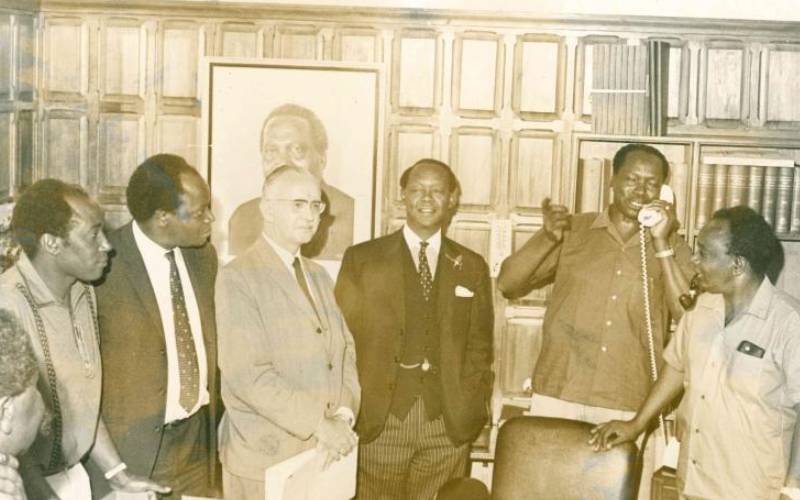×
The Standard e-Paper
Join Thousands Daily

By the time he retired as Kenya’s second President in 2002, Daniel arap Moi had earned his stripes as the ultimate professor of politics.
He began his career by striking the right chords, and was among the early pioneers of “listening to the ground.” The formation of Kanu and Kadu was one such example of a man who was always politically circumspect, right from the start.